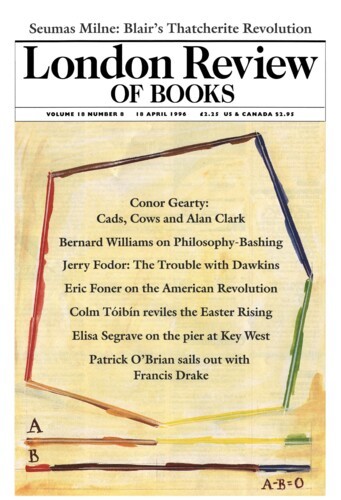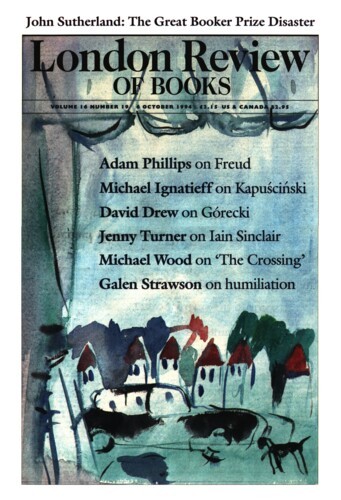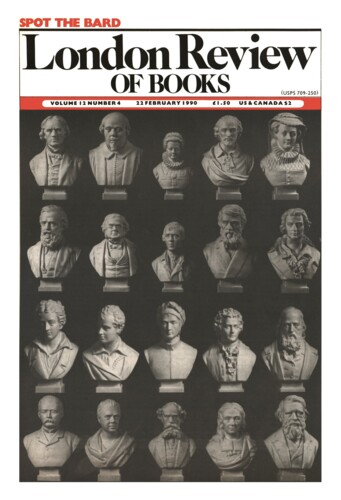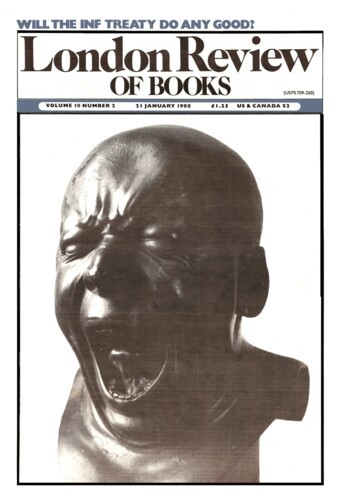The Sense of the Self
Galen Strawson, 18 April 1996
Human beings in different cultures are much more alike, psychologically speaking, than most anthropologists and sociologists suppose. There’s a great deal of substance to the idea of a common humanity – of profound emotional and cognitive similarities that transcend differences in cultural experience. It’s also true that human beings are very varied, psychologically, but the deepest psychological differences are those that can be found within a given culture. The cultural relativism of Emile Durkheim and others, elegantly renewed by Clifford Geertz and orthodox in large parts of the academic community is based on a serious underestimation of the genetic determinants of human nature, and a false view of mental development.’




